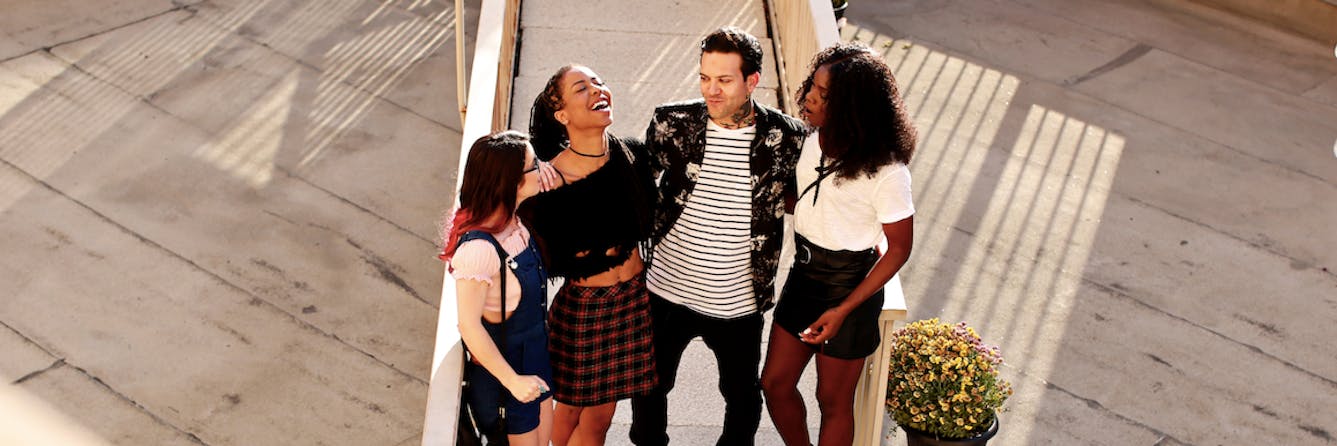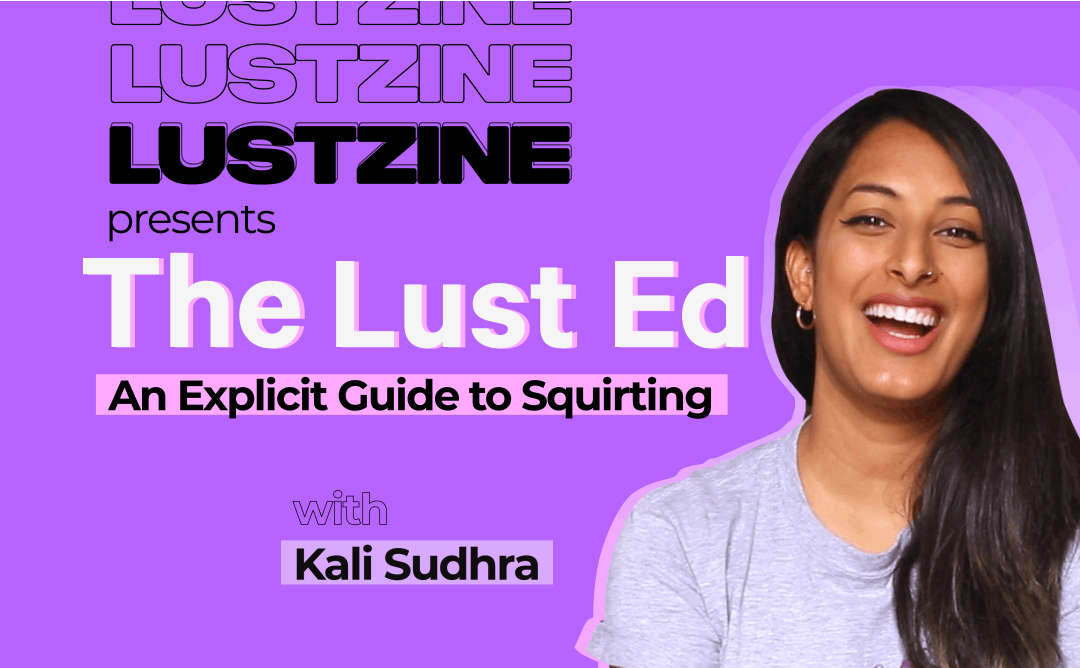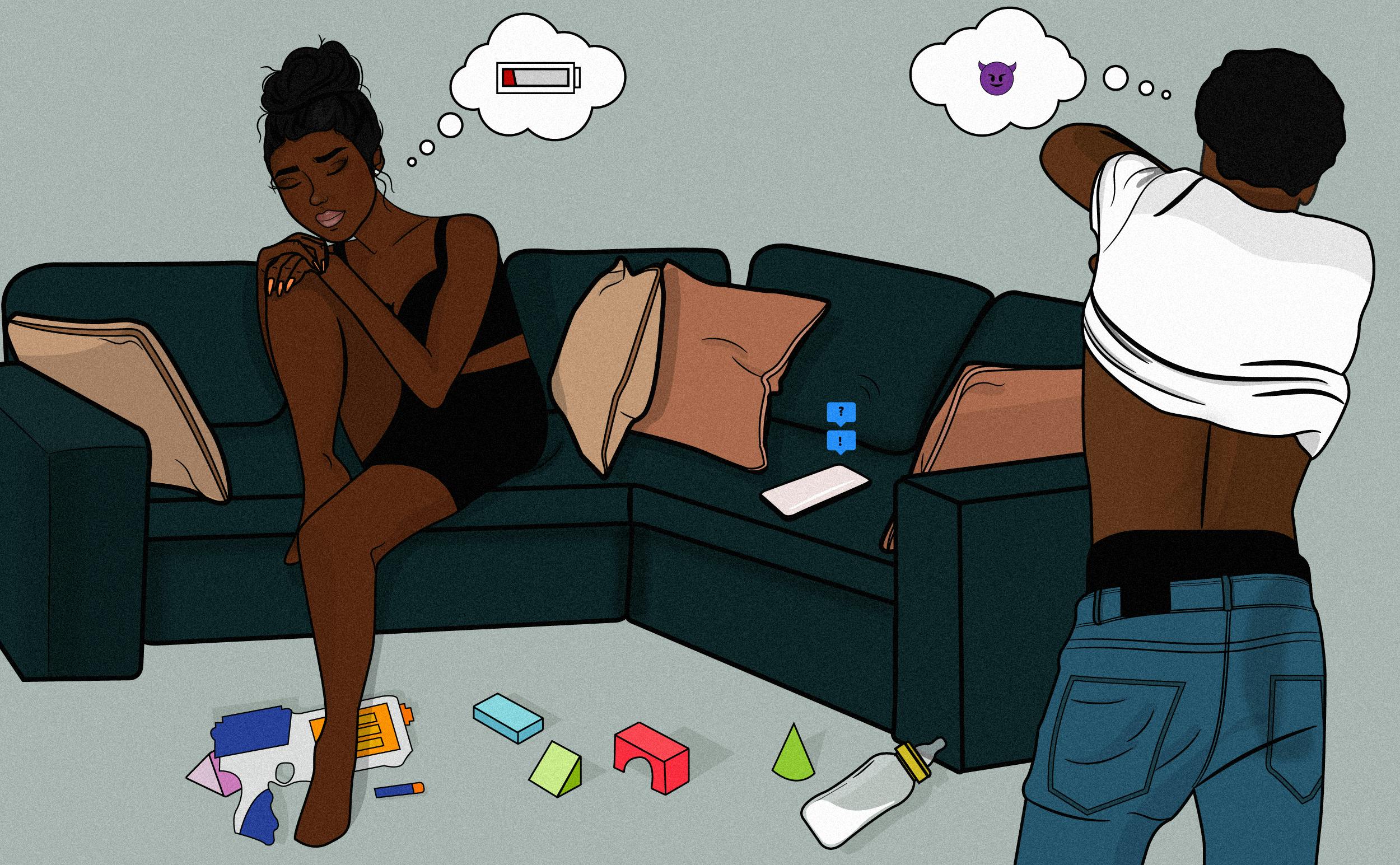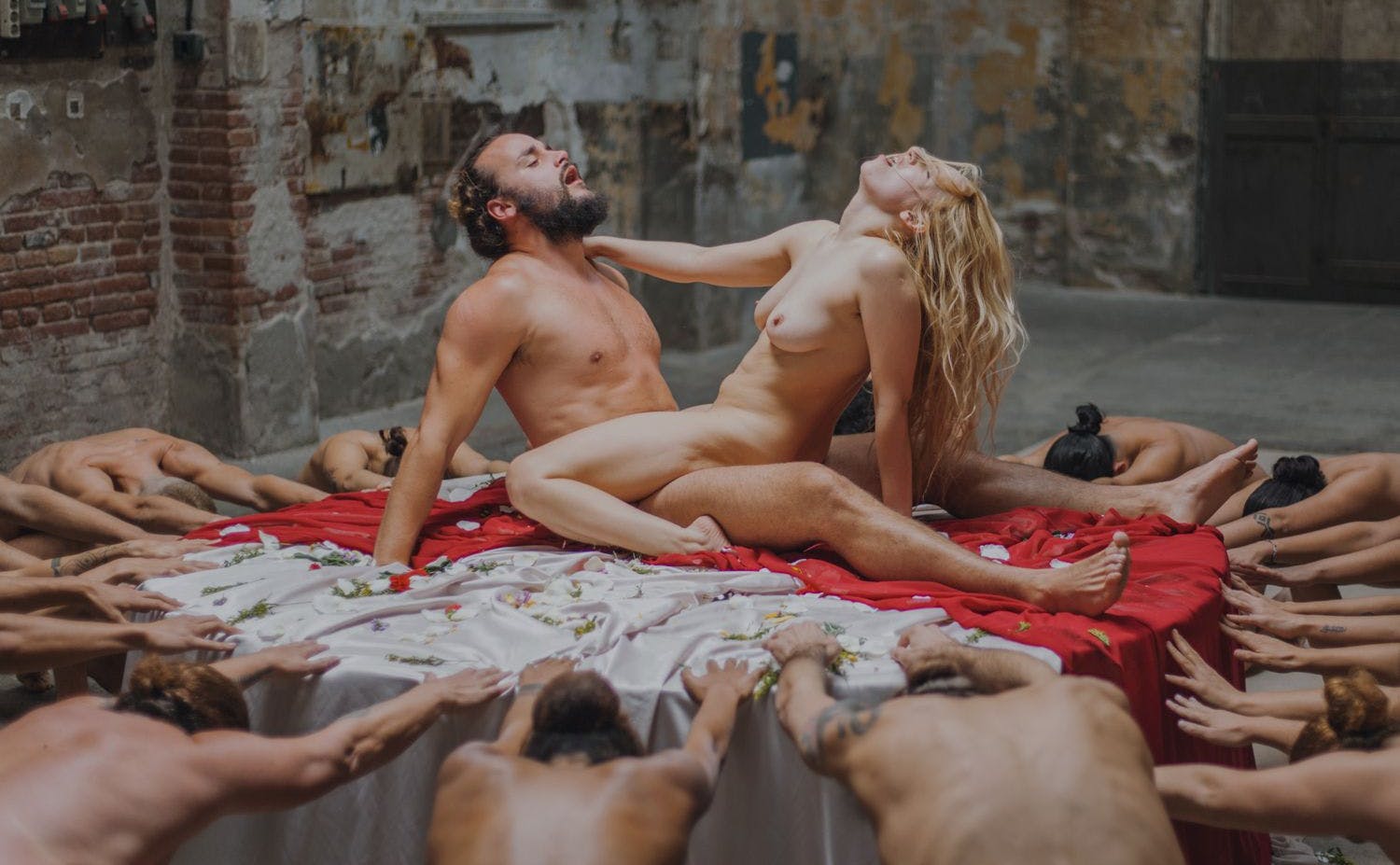COCO: Conscious, Organic, Committed, Open Relationships
COCO: Conscious, Organic, Committed, Open Relationships
To celebrate the latest Lust Cinema original release, Primary, we are looking and celebrating relationship models that fall outside of monogamy. So, I invited Katie Mae to the blog to teach us about a relationship model called COCO relating. Katie Mae is not pro-poly or pro-monogamy, she is pro authenticity and communication and presence. Read on to find out what COCO relating means and how you can apply it to your relationships.
We put a lot of mental energy into trying to figure out what we are: polyamorous or monogamous? Gay or straight? Vanilla or kinky? Then, when we think we’ve figured it out, we build our identities and dating profiles around these labels. This can be helpful when we’re trying to find like-minded people, but it can also invite assumptions and misperceptions.
“Polyamory” means vastly different things to different people. It can be a great way to relate, when those involved feel free to explore their desires and experience love and connection with multiple people. It can also be unhealthy, when spiritual bypassing is used to avoid personal responsibility and depth in relating. Monogamy, on the other hand, can create a container where people feel safe enough to fully open up with one partner. It can also be filled with unreasonable expectations and unmet needs. Fortunately, instead of trying to figure out whether we’re poly or mono, we can aim to be what my friend Wendy May coined as COCO: Conscious, Organic, Committed and Open in our relationships.
The ‘Conscious’ in COCO
We are intentional about the relationships we choose to engage in. Instead of getting caught up in assumptions and old patterns, we ask ourselves and our partner(s), “Why are we in this relationship?”. We make sure that our intentions are aligned in order to help manage expectations, so one person isn’t thinking they’re building the foundations of a lifelong relationship while another person is having some sexy fun.
Being present with our partner(s) is essential in COCO Relating. Circumstances change. Desires change. People change. Being present with what is–instead of wrapped up in stories about how something used to be, what someone said they would do, what we thought was supposed to happen–helps us to ensure that the answers to “why are we in this relationship?” evolve along with everyone involved. When we are COCO, we are conscious of our own responsibilities. We are all responsible for co-creating consent culture, and recognizing when we are outside The Wheel of Consent.* We are responsible for managing our own emotions and setting boundaries. We are also aware that not everyone got to practice these skills growing up, so we show compassion and care for those who are still learning, without compromising our own boundaries.
The ‘Organic’ in COCO
Organic, in this case, does not mean grown without pesticides. It’s based on the concept of biomimicry, where we look to Mother Nature for inspiration and innovation. In nature, we see some seeds are best suited for arid conditions. Other seeds require lots of water, and would wither in dry soil. Neither seed is better than the other, they just naturally thrive under different conditions. The same is true for humans in relationships. Some people like to be saturated with lovers. They thrive on the conversations and diversity of experiences that can only come through navigating the joys and challenges of having multiple partners. Others would rather not deal with all the processing and communication that polyamory requires. They prefer the safety and ease that can come from being able to trust in a closed container. Neither relationship structure is inherently better, they are just different conditions for various people to thrive.
Nature also reminds us of the cycles of life and death. Flowers bloom beautifully for a few moments in time, and then they die. They aren’t failures because they didn’t live as long as the mighty oak tree, which also falls to the forest floor eventually. As it decomposes, it returns nutrients back into the earth, making the soil more fertile for the seeds yet to come.
The ‘Committed’ in COCO
Commitment and monogamy are not the same thing. In COCO relating we recognize the importance of being clear about what we are committing to: washing the dishes more often? Raising children together? Monogamy? Taking personal responsibility for our own desires and boundaries? We talk with our partner(s) about what we are willing and able to commit to, and for how long. It’s important that our commitments are finite (because things change!) so instead of making promises ‘til death do us part’ we can commit to monogamy for the next month, or exploring intimacy with others for one week, until we can check in again to reevaluate those commitments.
The ‘Open’ in COCO
The first priority in open relationships, at least within the COCO model, is an openness to truth–to discovering and sharing our own personal truths, and to receiving the truths of the people we love. We share our desires, fears and boundaries, and are open to hearing and honoring those things from our partner(s). Once a foundation of trust and openness has been established, we might discover that we are also open to having sex with other people. Then another conversation can begin: which other people? Under what circumstances? Scheduling weekly check-ins can help prevent resentment and promote clarity. Put it on your calendar. Honor it like you would an important meeting at work, because healthy relationships are work–some of the most important work we can do in this world. So show up for your partner(s); talk about what’s working; listen to what isn’t; share your authentic self; commit; be open; be present. We don’t have to choose between committed or open relationships. We can have both. We don’t have to decide whether we are poly or mono. We can be COCO.
*If you’re not yet familiar with The Wheel of Consent, please check out bettymartin.org or come to one of my workshops. It’s an incredible resource that has helped me, and so many others, navigate our ways through physical intimacy and relationships in more informed and empowered ways.
About the author:
Katie Mae is a Priestess of the New Paradigm, devoted to helping humankind realign with Mother Earth. She is a social change performance artist, COCO Relating enthusiast and coach, consent and sexuality educator, somatic healer, organic farmer, and red tent revivalist. Find her out in nature, hosting workshops and dancing at festivals, and occasionally online: Instagram and Facebook.
You can also join the COCO relating discussion group on Facebook here.
GET A FREE MOVIE











